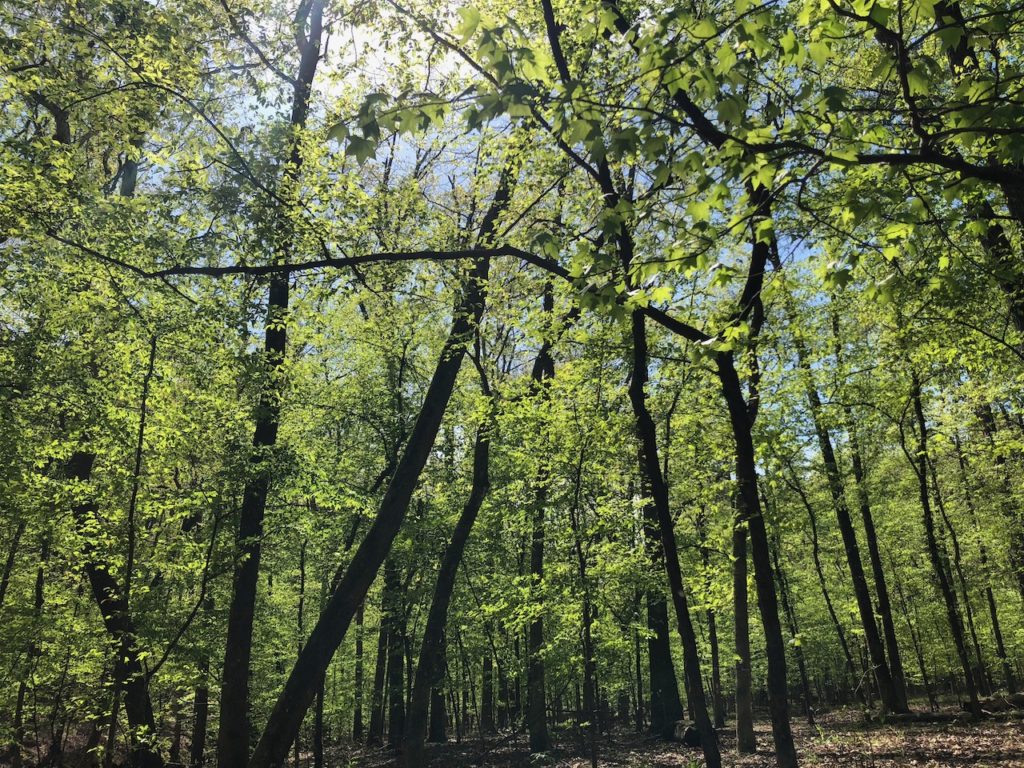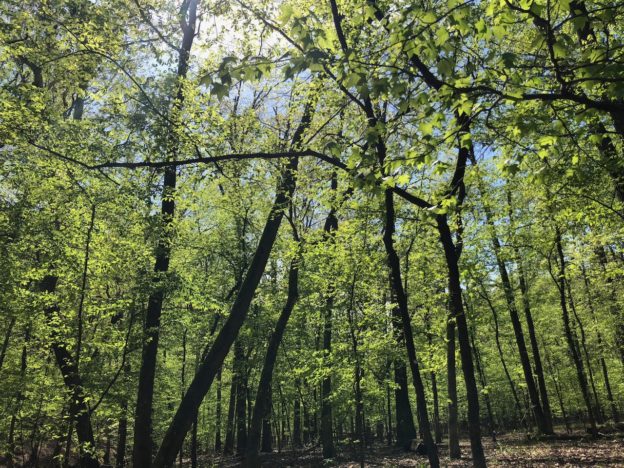Recently a mentor of mine was helping me work through a couple of current conundrums in my life. At the end of our discussion, she reminded me that I had no control over the actual people in my conundrum or their own personal outcomes. I find this frustrating since I am a problem solver by nature. I pleaded with her, tongue in cheek, to just give me a few steps for successfully changing them. She just laughed and reminded me to consider what is in my area of influence and what can I personally change.
In other words Judy, what can YOU change in YOURSELF to make YOU better? So that those around you benefit in the process? I think that is so true in parenting and marriage too.

Sometimes we want instant solutions to make our children behave or to get our spouses to do ____________XYZ! I did recently write five-great-habits-for-getting-your-kids-to-listen. And it’s true we need tried and true methods of handling situations in our life and parenting. Yes yes yes! But the truth is a lot of relationship building and successful parenting is about how much WE are willing to change ourselves. We are often so intent on manipulating others, that we cannot as my grandmother used to say, “see the forest for the trees.” In other words, we can’t see solutions because our big giant egos are blocking the view. We can’t see what would bring us joy or happiness. We can’t see what would actually help! We are just blinded by our own unwillingness to change things in ourselves that perhaps need to be changed and that can be changed.… For example, I recently recommended to someone the financial peace program by David Ramsey for helping squash her debt. It’s actually a proven program that has helped literally hundreds of thousands of people reduce or eliminate millions of dollars of personal debt. Anyway, she was super offended because unbeknownst to me, she was atheist and said she would never do that program since Ramsey is a Christian. Oops, I felt bad. I had intended no harm whatsoever in offering this advice and I apologized for doing so unwittingly. I then shared with her the truth that I am a Christian, and yet one of my very favorite leadership books ever written was by a Mormon (The Severn Habits of Highly Effective People, by Stephen Covey). Moreover, I added that I have a handful of solid parenting books in my personal library written by various experts in their fields, which make no reference to Christianity. Along with those, I also have parenting books authored by some of my favorite Christian authors. I have learned from all of them. But she couldn’t see the forest for the trees. She couldn’t acknowledge that this was a perfectly good tool to debt free living for her and her children. She was blocking her own view.
I was blocking my own view back in my early 20s. I made bad decision after bad decision, and conveniently always found someone to blame for my bad decisions. It is true that I had been dealt a difficult childhood of sorts. But only when I acknowledged that my life was about more and more of me and less and less of anyone else, did I finally have the wherewithal to ask God to please pick up the pieces of my brokenness and help me move forward. And not only that, but the wherewithal to ask other people to help me. I finally figured out I was blocking my own way out of misery. It is true that my life had been hard. But I still managed to be my own worst enemy.
That realization and awakening was the beginning of a new lease on life for me. I was able to be in healthy dating relationships for the first time in my life. I was able to build friend relationships without undue expectations of those I was befriending. This led to healthy parenting down the road. Knowing I cannot change people around me makes me a healthier individual and therefore, more adapted to parenting kids (now young adults) who are also healthy emotionally. Knowing I can ultimately only change myself led me to be better equipped for parenting my kids with purpose.
Being in relationship with our kids as we are raising them is a different thing all together than what it means to be in relationship with our spouses or parents or adult friends. And I want to make that clear. There are multiple scenarios we find ourselves in with littles where we do have to tell them what to do. And we can and should expect them to obey us. But God has created them, like you, fearfully and wonderfully. (Psalm 139) When we recognize that He has created all of us with purpose then we can look at all of our relationships through that filter and not through the filter of our pride or our past or our unmet expectations.
What can you change about yourself today? How will that set you on a path of better parenting and more joy in your relationships?

